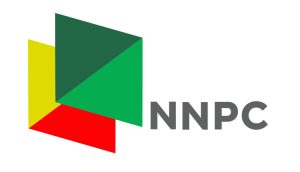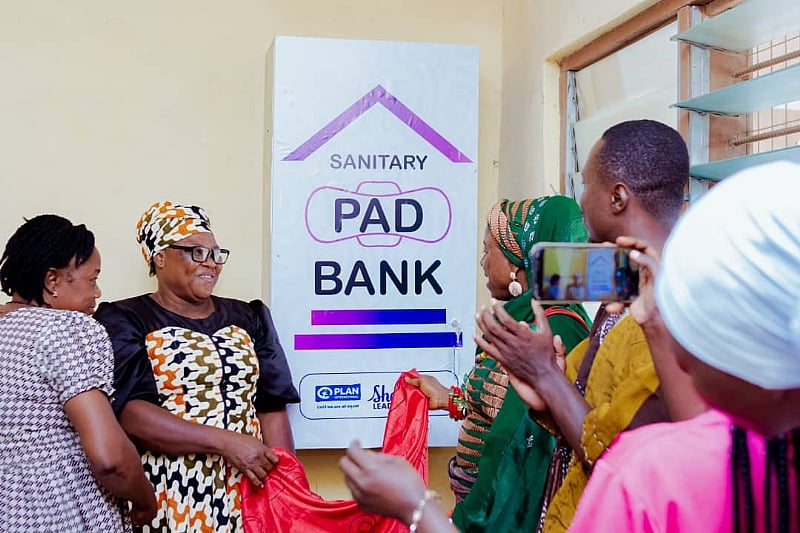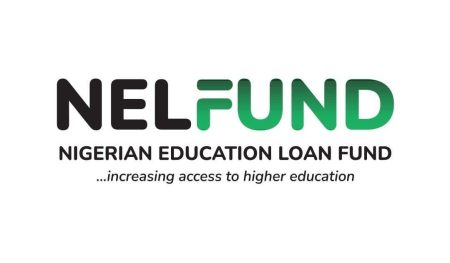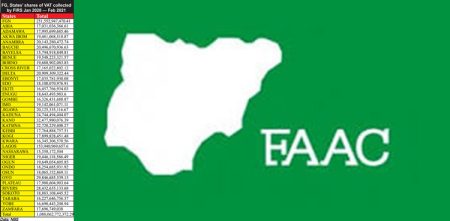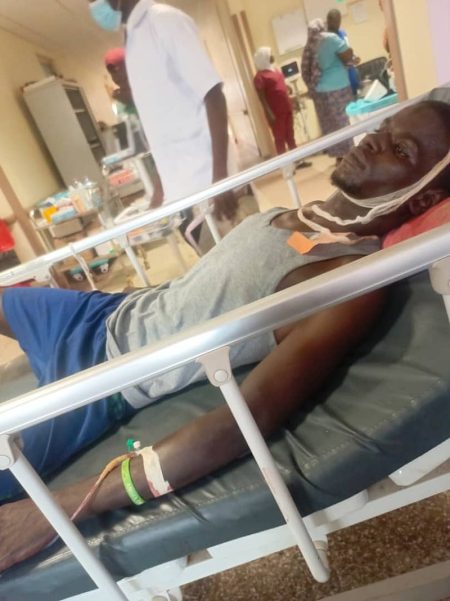The non-governmental organization, Community Aid for Rural Development (CARD Ghana), has taken a significant step towards improving girls’ education and leadership potential in the Wa Municipality of the Upper West Region. Through their “She Leads” project, implemented in partnership with Plan International Ghana, CARD Ghana has installed sanitary pad banks in five selected junior high schools: Chegli, Kperisi, Sagu, Nyagli, and Nakori-Chansa. This initiative aims to address period poverty and ensure that menstruation doesn’t hinder girls’ access to education and their overall development. The provision of readily available sanitary pads empowers girls to manage their periods with dignity and confidence, ultimately fostering their academic progress and leadership aspirations.
The official launch of the pad bank facility at Sagu RC Junior High School highlighted the importance of this intervention. Ms. Ernestina Biney, Project Coordinator and Executive Director of CARD Ghana, emphasized the necessity of such facilities in keeping girls in school. By providing access to sanitary products, girls can avoid missing valuable class time due to menstruation, allowing them to stay on par with their male counterparts. Moreover, access to proper menstrual hygiene products contributes significantly to building girls’ confidence and self-esteem, enabling them to actively participate in leadership roles and decision-making processes. This initiative directly addresses a crucial barrier to girls’ education and empowers them to reach their full potential.
Ms. Biney called for community-wide support to ensure the long-term sustainability of the pad banks. She urged community members to contribute to keeping the banks regularly stocked with sanitary pads. Furthermore, she appealed to the government to integrate the sanitary pad bank initiative into their existing “Free Sanitary Pads for School Girls” program, thereby expanding the reach and impact of this vital intervention nationwide. This collaborative approach, involving both local communities and the government, will contribute to creating a more supportive and enabling environment for girls’ education.
Mr. Constant Tchona, Country Director for Plan International Ghana, expressed his organization’s pride in supporting the initiative. He reiterated their commitment to empowering girls through various interventions across the country, ensuring they have the opportunity to learn, lead, decide, and thrive. Plan International Ghana’s partnership with CARD Ghana underscores the importance of collaborative efforts in addressing the challenges faced by young girls and promoting their holistic development. The sanitary pad bank initiative complements their broader mission of empowering girls and creating a more equitable society.
Local authorities and school officials also voiced their strong support for the initiative. Pognaa Amamata Mumuni, the Wa Municipal Girl Child Education Coordinator, stressed that the pad banks are designed to supplement, not replace, parents’ responsibility to provide sanitary pads for their daughters. She emphasized the shared duty of both parents, urging male parents to take an active role in ensuring their daughters’ menstrual hygiene needs are met. This underscores the importance of shifting societal norms and promoting shared responsibility within families regarding girls’ well-being.
Furthermore, Mr. Nuhu Torfiq, the School Improvement and Support Officer representing the Kperisi Circuit, commended CARD Ghana for their impactful initiative and expressed optimism about its positive contribution to girls’ well-being and academic progress. He advocated for sustainable management of the facilities through parent-teacher association support and the utilization of health components within capitation grants. This multi-pronged approach will ensure the long-term viability and effectiveness of the pad bank initiative. Finally, Madam Ruby Soyelleh, Headmistress of Sagu RC Junior High School, expressed gratitude for the ongoing support from CARD Ghana and Plan International Ghana. She highlighted the positive impact of the “She Leads” project, reporting zero cases of adolescent pregnancy in the past two years, attributing this success to the training and mentorship provided to the girls under the project.
In conclusion, the installation of sanitary pad banks in these five schools represents a significant stride toward improving girls’ education and empowering them to become future leaders. By addressing the practical challenge of period poverty, CARD Ghana and Plan International Ghana are creating a more supportive and inclusive learning environment for girls. This initiative serves as a powerful example of how targeted interventions can address systemic inequalities and unlock the full potential of young girls. The collaborative approach, involving local communities, government agencies, and NGOs, demonstrates the importance of collective action in creating lasting positive change for girls’ education and empowerment. Through sustained efforts and continued support, the sanitary pad bank initiative promises a brighter future for girls in the Wa Municipality and beyond.


